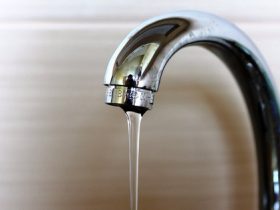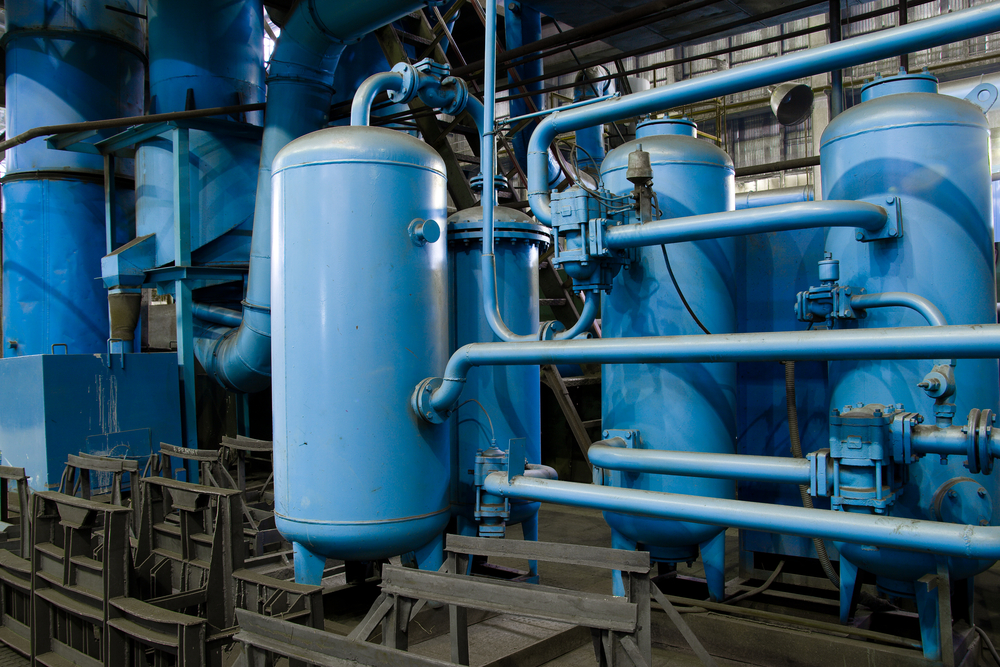Clear Instructions for Resolving Low Water Pressure in Your Home
Clear Instructions for Resolving Low Water Pressure in Your Home
Blog Article
We've encountered this post about 9 Reasons for Low Water Pressure in Your House below on the net and figured it made sense to share it with you here.

Low water pressure in your home can be an irritating issue, affecting whatever from showering to washing meals. If you're experiencing weak water circulation, there are a number of possible reasons and options to explore. In this overview, we'll go over common factors for low water stress and useful actions to attend to the issue properly.
Introduction to Low Tide Pressure
Low tide stress happens when the circulation of water from your faucets, showers, and other fixtures is weaker than common. This can make everyday tasks a lot more tough and much less efficient. Comprehending the root causes of low tide pressure is critical to discovering the right remedy.
Usual Root Causes Of Low Tide Stress
Faulty Stress Regulatory Authorities
Stress regulatory authorities are responsible for keeping regular water stress in your home. If they malfunction, it can result in low water stress or unequal flow throughout the house.
Metropolitan Water Issues
Often, the issue lies outside your home. Community water supply problems, such as main line leakages or maintenance work, can momentarily minimize water stress in your area.
Pipeline Obstructions
With time, pipes can come to be blocked with natural resource, debris, or debris, limiting the flow of water. This is an usual issue in older homes with galvanized steel pipelines.
Deterioration
Deterioration within pipes can cause leakages and decreased water pressure. Rust buildup can restrict water flow, specifically in aging plumbing systems.
How to Detect Low Tide Pressure
Evaluating Pipes
Inspect noticeable pipes for indicators of leaks, deterioration, or blockages. Take notice of any uncommon audios, such as banging or rattling pipes, which might indicate problems within the plumbing system.
Consulting with a Plumber
If you're incapable to determine the cause of low water pressure, take into consideration hiring a specialist plumber to carry out a detailed examination. They can identify underlying issues and suggest proper services.
Inspecting Faucets and Fixtures
Beginning by examining the water pressure at different taps and components throughout your home. If the concern is isolated to certain locations, it may suggest localized issues.
Do It Yourself Solutions to Fix Low Water Stress
Flushing Water Heater
Sediment accumulation in the water heater can limit circulation and minimize efficiency. Flushing the storage tank periodically helps get rid of sediment and preserve ideal efficiency.
Examining Stress Regulator
Guarantee that the stress regulator is operating appropriately. Readjusting or changing the regulatory authority can assist bring back proper water stress throughout your home.
Cleansing Aerators and Showerheads
Natural resources can build up in aerators and showerheads, reducing water circulation. Eliminate and clean up these components routinely to boost water pressure.
Clearing Clogs in Water Lines
For small clogs, try making use of a plumbing serpent or chemical drainpipe cleaner to clear obstructions in pipes. Be cautious when using chemicals and adhere to security guidelines.
When to Call a Specialist Plumber
If do it yourself efforts fail to deal with the issue or if you suspect considerable plumbing problems, it's ideal to look for help from an accredited plumber. They have the knowledge and devices to resolve complicated concerns safely and properly.
Preventive Measures to Maintain Water Pressure
Installing a Pressure Booster
Take into consideration setting up a pressure booster pump to enhance water pressure in areas with consistently low circulation. This can be specifically beneficial for multi-story homes or residential properties with high-demand fixtures.
Monitoring Water Use
Bear in mind water usage habits and stay clear of overtaxing the plumbing system. Simple adjustments, such as shocking showers and laundry tons, can help preserve sufficient water stress.
Regular Upkeep
Schedule regular upkeep for your plumbing system to avoid concerns such as corrosion, leakages, and clogs. Attending to minor issues early can aid avoid more considerable fixings later on.
Final thought
Managing low tide pressure can be aggravating, yet identifying the underlying reasons and implementing proper remedies can restore ideal circulation throughout your home. Whether it's cleaning aerators, examining pipes, or consulting with a plumber, taking aggressive steps can make certain a stable supply of water for your day-to-day demands.
FOUR WAYS TO FIX LOW WATER PRESSURE NOW
Turning on a shower or faucet only to find the water comes out in a sad, slow drizzle is never a good feeling. How exactly are you supposed to wash a pan or take a quick shower when it takes 10 minutes just to rinse off a little soap? The good news is that when your water pressure is bad, there's always a cause: typically one that can be easily fixed. Here are some of the most common causes of low pressure and what you can do to fix the issue:
DEBRIS AND MINERAL DEPOSIT BUILDUPS
If you notice low water pressure from just one or two of the fixtures in your house, the problem likely has to do with debris buildup. Water is full of minerals and other debris, all of which can accumulate in your pipes and on your fixtures. This can cause a blockage that affects how much water flows through. To fix this, try filling a small plastic bag with white vinegar, and use a rubber band to hang it around your showerhead or faucet. Let the head of the fixture soak for a few hours, and the vinegar should loosen the deposits.
WATER LEAKS
Leaks are another common cause of low water pressure. If water is flowing out of your plumbing through a hole or crack before it can reach your fixture, the pressure coming out of the faucet or showerhead will be lower. A plumbing professional is your best bet for finding and repairing a leak in your water supply pipes.
Leaks are another common cause of low water pressure. If water is flowing out of your plumbing through a hole or crack before it can reach your fixture, the pressure coming out of the faucet or showerhead will be lower. A plumbing professional is your best bet for finding and repairing a leak in your water supply pipes.
A VALVE ISSUE
If you have low water pressure throughout your home, check your main shut-off valve to make sure it's completely open. You may also want to see if there's a pressure-reducing valve installed. If there is, have a plumber help you adjust the settings to get the pressure you're looking for.
OTHERS USING WATER
Believe it or not, your low water pressure could be caused by your neighbors. If you notice low pressure at certain times of day, it may be because you and the people living next to you have similar schedules - when everyone is showering at the same time, the pressure will be lower in every home. Low pressure throughout the neighborhood may also be caused by an issue with your municipal water supply. If that's the case, call the supplier to see if they're working on the issue.
https://www.rotorooter.com/blog/water-leaking/low-water-pressure-fixes/

I stumbled upon that content on 9 Reasons for Low Water Pressure in Your House when doing a lookup on the web. Sharing is caring. Helping people is fun. Thank-you for going through it.
Call Report this page